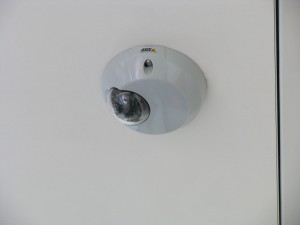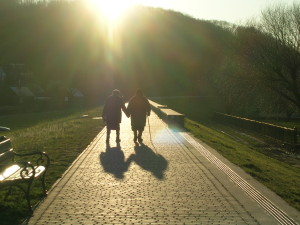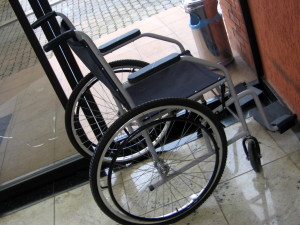 When we read news stories or hear anecdotes about elder abuse and neglect in San Diego, we often thinking about harms that occur in nursing homes, assisted-living facilities, and residential care facilities for the elderly (RCFEs). In other words, we consider the risks our elderly loved one face in facilities that are required to be licensed by the state of California. When injuries do occur at these regulated places, we should consider the ways in which the California Department of Public Health might be responsible.
When we read news stories or hear anecdotes about elder abuse and neglect in San Diego, we often thinking about harms that occur in nursing homes, assisted-living facilities, and residential care facilities for the elderly (RCFEs). In other words, we consider the risks our elderly loved one face in facilities that are required to be licensed by the state of California. When injuries do occur at these regulated places, we should consider the ways in which the California Department of Public Health might be responsible.
But what happens when an older adult sustains elder abuse injuries at a boarding home—a type of residence that does not have to be licensed or certified by the state? A recent article in the San Jose Mercury News discussed the rising number of boarding homes for seniors in California and the ways in which these residences could be the most dangerous of all.
Initial Financial Benefits of Boarding Homes
 California Nursing Home Abuse Lawyer Blog
California Nursing Home Abuse Lawyer Blog





















